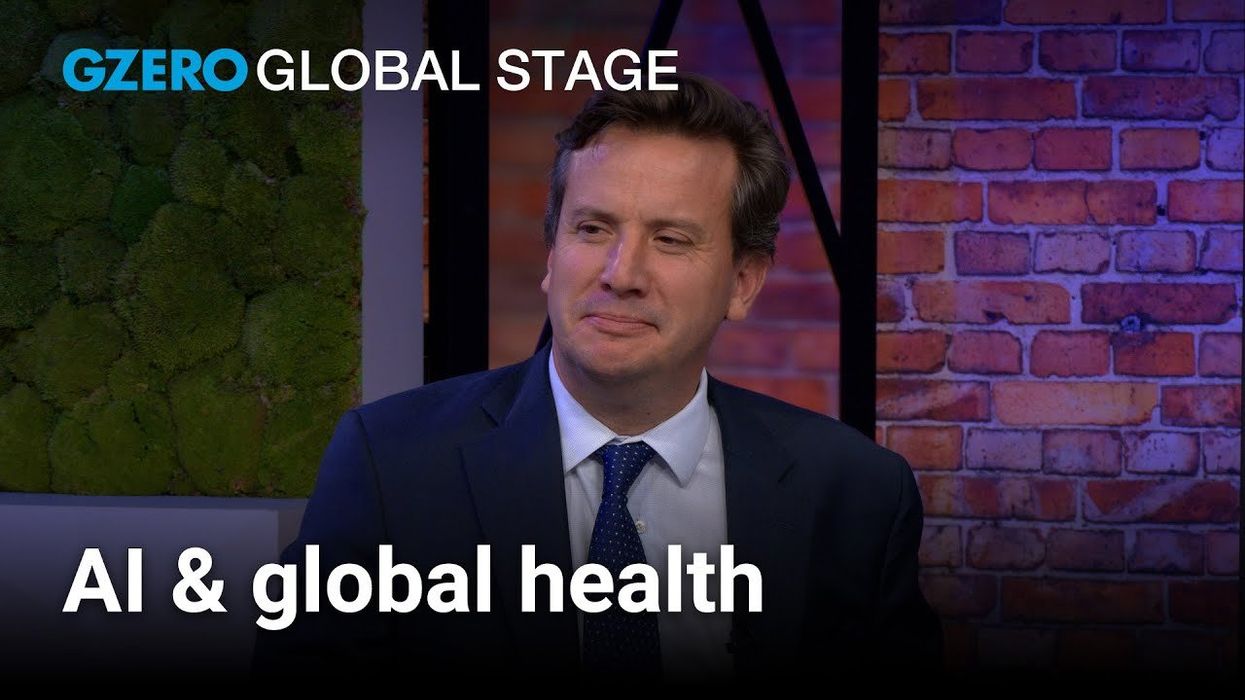Like a lot of people in Montreal’s cosmopolitan cultural scene, comedian Léa Stréliski has been hoping to help make Quebec an independent country someday, but this week she found herself starring in an election ad for Liberal leader Mark Carney, a stodgy former central banker from Alberta.
The Liberals, long the traditional enemies of Quebec sovereigntists, can only say, “Merci beaucoup, Donald Trump.”
Stréliski, who previously voted for the left-leaning NDP and separatist Bloc Québécois, noticed a shift when Trump “started pissing us off” with tariffs and annexation threats.
“What I started seeing was people who were very, very surprised of how they wanted to raise a Canadian flag,” she said in an interview this week. “That’s the weird emotion we were already feeling.”
It is not a common impulse in a city where the Maple Leaf is flown less often than the provincial flag — or even the flag of the beloved Montreal Canadiens hockey team.
“In Quebec, we don’t even celebrate Canada Day,” said Stréliski. “It’s just not our thing.”
But for now, at least, Quebecers are rallying around the Maple Leaf, and that has suddenly upended Canadian politics.
Bilingual fear of Trump
In the 2021 election, the separatist Bloc Québécois won 32 of Quebec’s 78 parliamentary seats. They are projected to win fewer than 20 in the April 28 election, thanks to a shift in francophone support to the Liberals. In English Canada, the vote for the left-leaning NDP is also collapsing to the benefit of the Liberals.
The result is likely to be a Liberal majority under Carney, much to the chagrin of Pierre Poilievre’s Conservatives who, on the eve of Trump’s inauguration, were enjoying a 20-point lead in the polls.
Poilievre’s problem is that his hard-edged populist approach to politics is influenced by the MAGA movement, and that has recently become repellant for left-leaning Canadians, both French and English, who have abandoned their parties for the Liberals.
“The States have gone completely crazy and are just disgusting in the way they’re bullying everyone,” says Stréliski. “It’s just toxic, and it’s awful.”
That revulsion, and a visceral fear of Trump’s plans for Canada, have somehow transformed an Albertan banker with rusty French into a figure of hope for Quebecers who are typically known for their fervent Quebec nationalism and joie de vivre.
Although Carney’s opponents say he doesn’t understand Quebec and can’t speak French well enough, so far voters there have accepted his awkward but adequate responses to difficult questions about linguistic and religious issues.
This past week, he managed to run the linguistic gauntlet, surviving an appearance on the province’s top-rated talk show, “Tout le Monde en Parle,” and a French language debate. While his verb conjugations may have left much to be desired, he did not commit any vote-losing faux pas.
“This guy has the basic human qualities that I look for in someone who’s in power, and then he has an amazing résumé,” says Stréliski. “He’s done very hard work, very hard and complicated work. The guy is not an idiot. I mean, we’ll be fine. If he’s our prime minister, we’ll be fine.”
Support for independence falls
French Canadians, who are aware their Louisiana cousins long ago lost their language, have for decades fought for policies that protect French from the sea of English around them, establishing a consensus that no political party dares challenge. Quebec Sovereignists’ most successful argument for leaving Canada is that an independent Quebec could take even stronger steps to protect la langue de Molière. But those arguments sound considerably weaker in light of Trump’s provocations.
As many as 40% of Bloc Québécois voters believe an independent Quebec would carry less weight than a united Canada in dealing with the United States, according to a recent poll.
“There’s not a lot of Quebecers who think, ‘Oh, yeah. If Quebec was independent, we would hold our own against Trump right now,” says Karl Bélanger, a former NDP political staffer turned commentator.
Support for Quebec independence fell below 30% in February, the lowest level pollster Leger has ever measured.
Of course, the election has yet to take place, but so far there are no signs that Carney will lose his support from Quebecers who are normally more ambiguous when it comes to their national identity.
It’s true that Carney has not mastered the French slang heard on Quebec’s streets. And yes, he prefers the Edmonton Oilers to the Montreal Canadiens.
But Quebecers, like other Canadians these days, are looking for a leader who can handle Trump, not a buddy to watch a hockey game over beer and poutine.
Their support may not outlast the crisis south of the border, but for now they are backing the Maple Leaf, and it looks like Carney is the guy they want carrying the puck.






